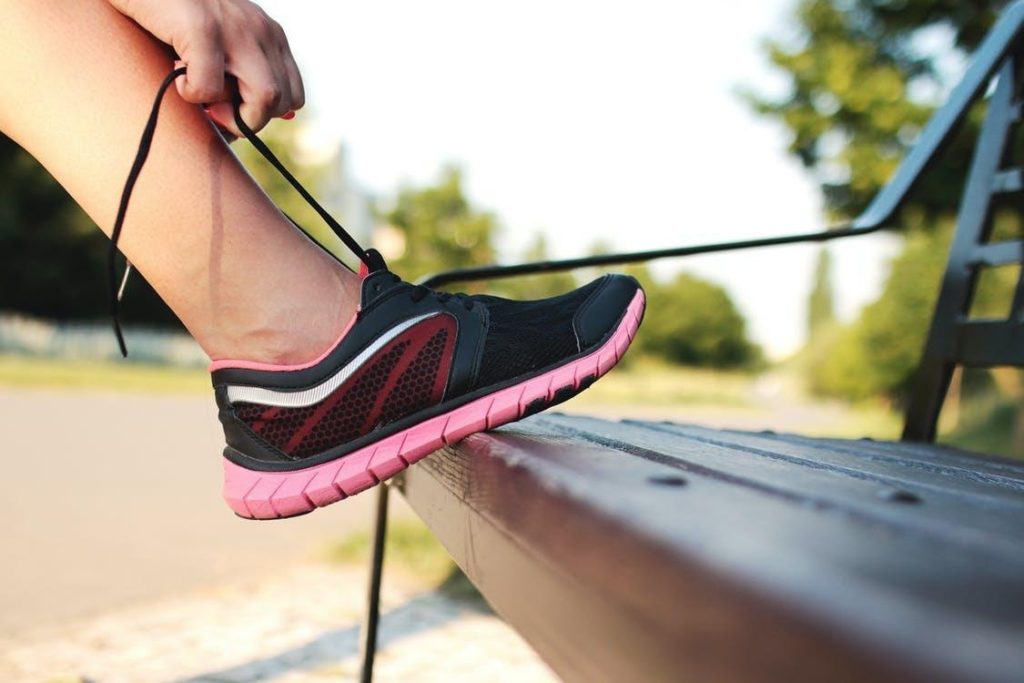How Being Fit Can Save You Money In the Long Run

Article by: Dan Matthews
Everyone tends to associate exercise with health — and with good reason. If you exercise regularly, it can lead to being in good physical shape, getting better sleep, and maintaining excellent mental health, as well. One factor that often gets left out of the mix, though, is the concept of how your financial health is impacted by your fitness regimen.
While the costs of staying in shape (e.g. gym memberships, fitness apps, exercise equipment) are often cited as reasons to avoid getting into shape, the truth is, if you put some time in to exercising on a regular basis, it can actually save you money in the long run.
How Being Fit Saves You Cash
When it comes to exercise and money, the relationship is clear. The costs of maintaining your physical health are far outweighed by the expense of inactivity. If you’re looking for a way to put an actual number on the hypothetical savings, one study has already done the work for you.
Research conducted by the Journal of the American Heart Association found that staying fit can save you a staggering $2,500 every year. If you consider the savings stretched added up over sixty years of adult life, that comes to a robust $150,000.
Where do these savings come from? A few places, actually.
The first and most obvious savings is a reduction in medical expenses. While it’s possible to have medical bills forgiven at times, it doesn’t change the fact that tens of millions of Americans regularly struggle with enormous quantities of medical debt, much of which is often caused by conditions linked to a sedentary lifestyle.
On top of that, though, there are many hidden ways that being fit pays off as well, such as:
- Being more productive at work (leading to raises and better paychecks).
- Getting wellness benefits, such as payback incentives from healthcare companies.
- Avoiding additional interest on money borrowed to cover medical expenses.
- Reducing the chances of mental health struggles such as anxiety and depression.
- Saving and reinvesting the time that you would have spent at appointments, receiving treatments, and tending to medical bills.
All of these savings add up, quickly leading to the aforementioned $2,500 per year.
Tips to Kick Off a Long-Term Fitness Journey
While maintaining a fitness regimen is easier for some than others, everyone needs some help at times. Here are three suggestions for ways to kick off your fitness journey with your physical, mental, and financial health in mind.
Find a Good Coach
Even during a pandemic, it’s possible to find a good coach. Many operate online, although if that’s the case, you’re going to want to make sure you find a good candidate that is able to thrive in a remote setting.
Regardless of the specifics, having a coach is a great way to help you get started, stay focused, and establish a long-term routine that is best for your particular situation and needs.
Adopt an Indomitable Mentality to Your Fitness Journey
One of the most critical factors that play into successful long-term fitness is mental endurance. If you aren’t 100% committed to your physical health, sooner or later something will happen that will throw you off track — and you may lose all motivation to get going again.
Rather than working out based on when you have the time or if you feel like it, strive to make physical fitness a primary life goal. Remind yourself that you aren’t exercising in the name of vanity or purely for physical conditioning. The habit will also help you preserve your mental health and your finances as well.
If this is your mindset when life throws you a curveball, such as a serious injury, you’ll be able to regroup, refocus, and then ease back into a sustainable routine as soon as possible.
Be Safe While Staying Fit
Finally, remember to stay safe while you’re staying fit. Otherwise, you can undo the medical savings by inadvertently creating new ones. Always cover basic considerations, such as stretching beforehand, wearing sunscreen if you exercise in the sun, donning proper footwear that won’t damage your feet, and wearing UV blocking contact lenses or glasses when you’re outside.
By taking simple precautions like these, you can protect yourself from serious medical conditions and focus on reaping the long-term benefits of your fitness journey without creating any unintended consequences in the process.
Staying Focused on Fitness
There are many reasons to get in shape. Physical health is an oft-championed reason, with mental health often being lumped in for good measure. However, it’s important to add financial savings into the mix in order to help you stay firmly focused on your fitness goals.
Remaining aware of the financial benefits of good health can help you remain logical as you invest in your fitness journey.
So, whether it’s a gym membership, a pair of quality running shoes, or anything else, the next time you’re faced with the decision to invest in your exercise regimen, remember just how much money you’re saving on the other end of the deal.

About the Author: Dan Matthews is a writer with a degree in English from Boise State University. He has extensive experience writing online at the intersection of business, marketing, lifestyle, and health. You can find him on Twitter and LinkedIn.









